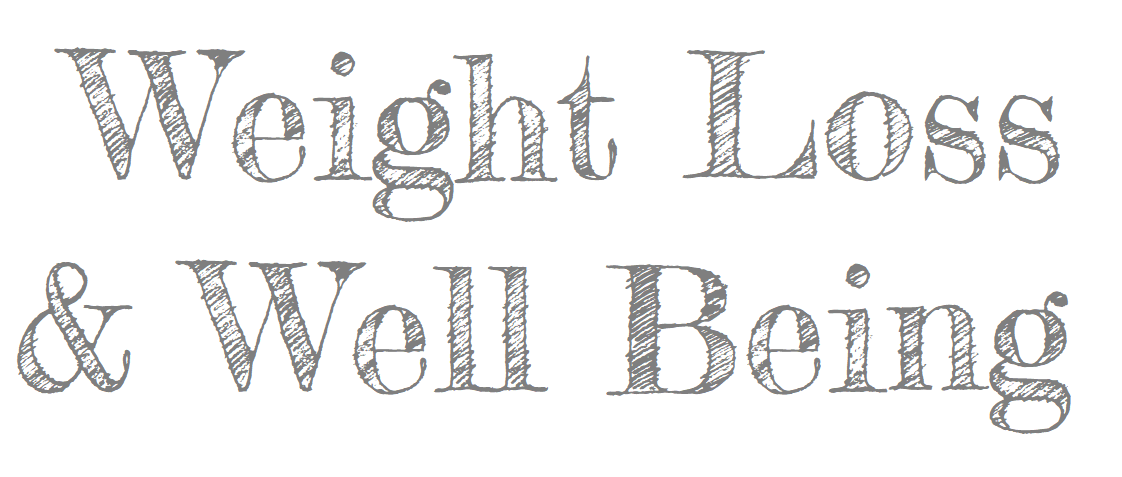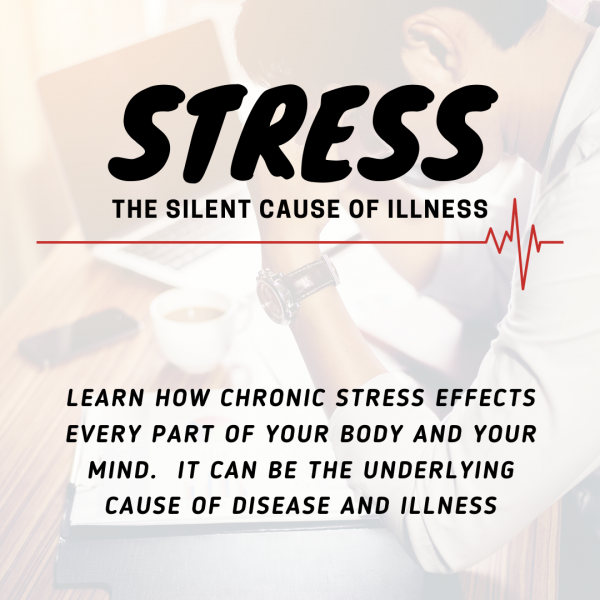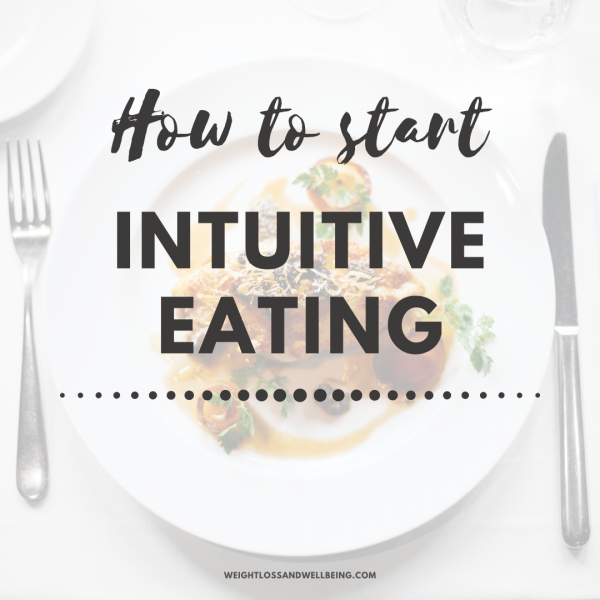Odds are, stress is the underlying cause of most of your issues. From disease, illness, fatigue, and general lack of fulfillment, stress is probably the cause. It’s insidious effects can span everything from the quality of your sleep, the muscle growth, your weight loss, and even the way you think and react throughout your day.
Most of the time when we have a physical ailment, we search for a physical solution. Doctors prescribe you a pill or a potion that will solve the symptom. But rarely do they ever address the actual cause. And if they do, it may still be at a superficial level.
The more we learn about the human body and the mind, the more we realize the way these two are intertwined. Your physical health is 100% dependnt on your mental health, and vice versa. The state of your body can then impact the state of your mind.
This is called a feedback loop, similar to the chicken vs. the egg concept. We experience stress, which causes physical symptoms.

Those physical symptoms then cause additional stress, thereby feeding back into the cause of the issue. This can also go the alternate way, but mostly we see stress as the primary cause.
The Rise of Chronic Stress
If you go to the doctor with a skin irritation, odds are he will give you a cream to make it go away. And it will, but as soon as you stop using the cream, back comes the angry rash. Why? The cause was not the lack of cortisone cream, the cause is most likely a persistent or chronic stress.

Stress wreaks absolute havoc on our bodies, physically and mentally. Our environment, and lifestyle has dramatically changed over the past few hundred years.
From living in very small, tribal settings with limited but intimate interactions, to now being exposed to literally millions of people all throughout the day.
Gone is the simple life, where you worked for that day and could predict your life to a degree. Issues and stressors would arise, and then be immediately eliminated. Never before have humans been exposed to stressors that just, don’t go away.
I’m sure you’ve heard of the fight or flight concept. When we face stress, our body starts pumping adrenaline into our system. Adrenaline is a magic hormone. It heightens our senses, re-prioritizes our energy to our limbs, and basically halts all other systems in our body to ensure all of our resources are devoted to surviving the stressor.
But, your mother-in-law can’t be fought, and odds are you can’t run too far from her. In fact, she is a constant fixture in your life, one that can’t be changed or eliminated. This results in chronic stress.
Physical Effects of Stress
The symptoms of stress are most clear when it comes to our physical bodies. Chronic stress causes adrenaline and cortisol to constantly surge through our bodies. It is a sharpening hormone, but too much over too long of a time can start to put serious wear and tear on our bodies.
Some of the most common symptoms are: headaches, low energy, digestive distress, aches and pains, and muscle tension. But they can go far beyond these somewhat uncomfortable ailments to serious complications like chest pain and constriction, rapid heart rate, insomnia, low immune system, and the one I personally suffer from, TMJ [chronic jaw pain and tension].
These may seem harmless individually, but when added together, they can start to impact your daily life. The most insidious part is that many times these symptoms can’t be tied together or to a cause. Leaving the patient to suffer through the unknown, trying pill after pill searching for relief. Only to be stressing more over the lack of answers, and in turn causing it to worsen.

Emotional Effects of Stress
Stress, and chronic stress, makes itself abundantly clear in our emotional state and interactions. When we are stressed, odds are everyone around us can tell. We are easily agitated, short-tempered, and frequently frustrated. Sometimes, people who are frequently stressed are labelled as moody by their coworkers or friends.

Under stress, you generally feel and act overwhelmed, even when completing simple tasks. They also tend to have low self esteem and self worth, and frequently practice avoidance when it comes to social situations or interacting with friends and loved ones. Overall, stress makes coping with emotions and the unexpected, ten times harder. And it shows to those around you.
Cognitive Effects of Stress
The least acknowledged, but the most detrimental of all are the cognitive effects of stress. Not surprisingly, but those who suffer from stress constantly worry and overthink.
In an effort to control their situation, and limit their stress, they worry and overthink every situation. But once again, this creates a negative feedback loop. It reinforces the stress and worry that you must always be on the ball or bad things will happen.
Instead, try to trust in the universe, and know that the world will work itself out for you if you stay true to your path. Stress also causes racing thoughts, forgetfulness, poor judgment, disorganization, and a general lack of focus.
But worst of all, stress breeds a pessimistic mindset. And we know that whatever our mindset is, will color our entire world, changing it for the worse in this case.
As stress moved from the short-term acute version to the prolonged chronic version, there are serious health implications. Individual episodes of stress, even severe stress are not bad. In fact our natural stress response is what keeps us safe and well most of the time. But once again, our lifestyles have moved faster than evolution and our methods of handling acute stress do not work for chronic stress.
Learning that most of our dis-ease arises from chronic stress is the first step in discovering the root cause of our illnesses. There are so many avenues to stress management and reduction.











